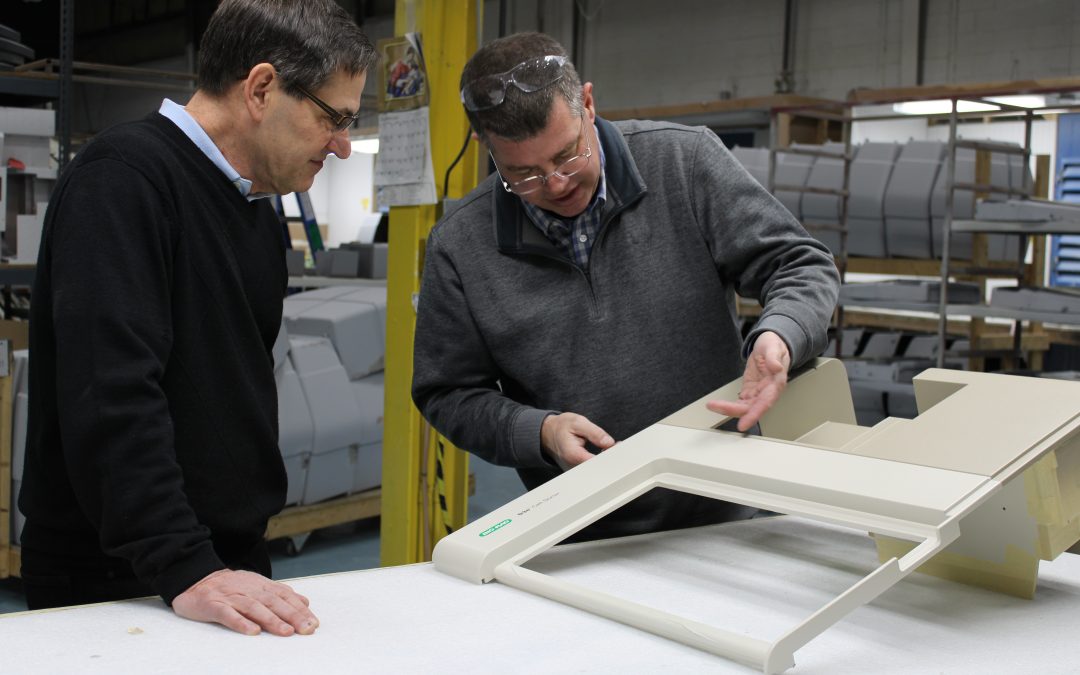Detroit — Ford, General Motors, Fiat Chrysler, Honda and Toyota confirm they will temporarily shut down all North American factories due to the coronavirus threat.
Ford said its plants will shut down after Thursday evening shifts through March 30. Fiat Chrysler’s closures will start in phases on Wednesday and run through March 31. GM spokesman Jim Cain said its shutdown will start also Wednesday and last through March 30; it will take several days to complete the shutdown and operations will be evaluated weekly after that.
“We have been taking extraordinary precautions around the world to keep our plant environments safe, and recent developments in North America make it clear this is the right thing to do now,” GM CEO Mary Barra said in a statement.
The move by Detroit’s three automakers will idle about 150,000 workers. They likely will receive supplemental pay in addition to state unemployment benefits. The two checks combined will about equal what the workers normally make. Cain said the pay at GM was still being negotiated with the union.
Ford said it will work with leaders of the United Auto Workers union in the coming weeks on plans to restart factories. The union has been pushing for factories to close because workers are fearful of coming into contact with the virus.
Honda announced plans Wednesday morning to close for a week starting Monday, putting additional pressure on Detroit’s automakers. Toyota plants will close Monday and Tuesday, reopening Wednesday after a thorough cleaning, the company said.
In addition, Hyundai suspended production at its plant in Montgomery, Alabama, Wednesday after a worker tested positive for the coronavirus. The company said production would resume once its health and safety team determines that the plant has been sufficiently sanitized.
The decision by Ford, General Motors and Fiat Chrysler reverses a deal worked out late Tuesday in which the three agreed to cancel some shifts so they could thoroughly cleanse equipment and buildings, but keep factories open. But workers, especially at some Fiat Chrysler factories, were still fearful and were pressuring the union to seek full closures.
Fiat Chrysler temporarily closed a factory in Sterling Heights, Michigan, north of Detroit, after workers were concerned about the virus. The company said a plant worker tested positive for the coronavirus but had not been to work in over a week. One shift was sent home Tuesday night and the plant was cleaned. But that apparently didn’t satisfy workers, and two more shifts were canceled on Wednesday.
Ford said it closed an assembly plant in the Detroit suburb of Wayne, Michigan, on Wednesday after a worker there tested positive for the virus that causes COVID-19. The company said it is thoroughly cleaning and disinfecting the building. Production will be halted through March 30, the company said.
At GM’s pickup truck assembly plant in Flint, Michigan, workers have been fearful ever since the virus surfaced in the U.S., said Tommy Wolikow, a union member who delivers parts to the assembly line.
Wolikow, 38, said he comes in close contact with other workers and was afraid of catching the virus and passing it to his two daughters ages 2 and 7.
“That’s the thing that I was scared the most about, being the one to bring it home to them,” he said.
He is happy that GM is closing and is hopeful that he’ll get unemployment and supplemental pay.
Automakers have resisted closing factories largely because they book revenue when vehicles are shipped from factories to dealerships. So without production, revenue dries up. Each company has other reasons to stay open as well. Ford, for instance, is building up F-150 pickup inventory because its plants will have to go out of service later this year to be retooled for an all-new model.
Despite the plant closures by other automakers, electric vehicle maker Tesla Inc.’s assembly plant in Fremont, California, remained open Wednesday. Production continued even though Alameda County on Tuesday night declared it a “nonessential business” under the county’s shelter-in-place order.
Seven Bay Area counties have ordered nearly 7 million residents to shelter in place for three weeks and ordered businesses to send employees home in order to slow spread of the coronavirus. Businesses that can remain open include pharmacies, banks and supermarkets — but not electric car manufacturing.
In an email to employees, Tesla Human Resources said the company does not have final word from city, county, state and federal governments on whether the plant can operate. Tesla has conflicting guidance from different levels of government, the email said.
The note said production workers should still report for work unless they aren’t feeling well. If that’s the case, they should use paid time off. The email said there would be further communication Wednesday night.
https://abcnews.go.com/US/wireStory/ap-source-detroit-automakers-shut-factories-69666401



